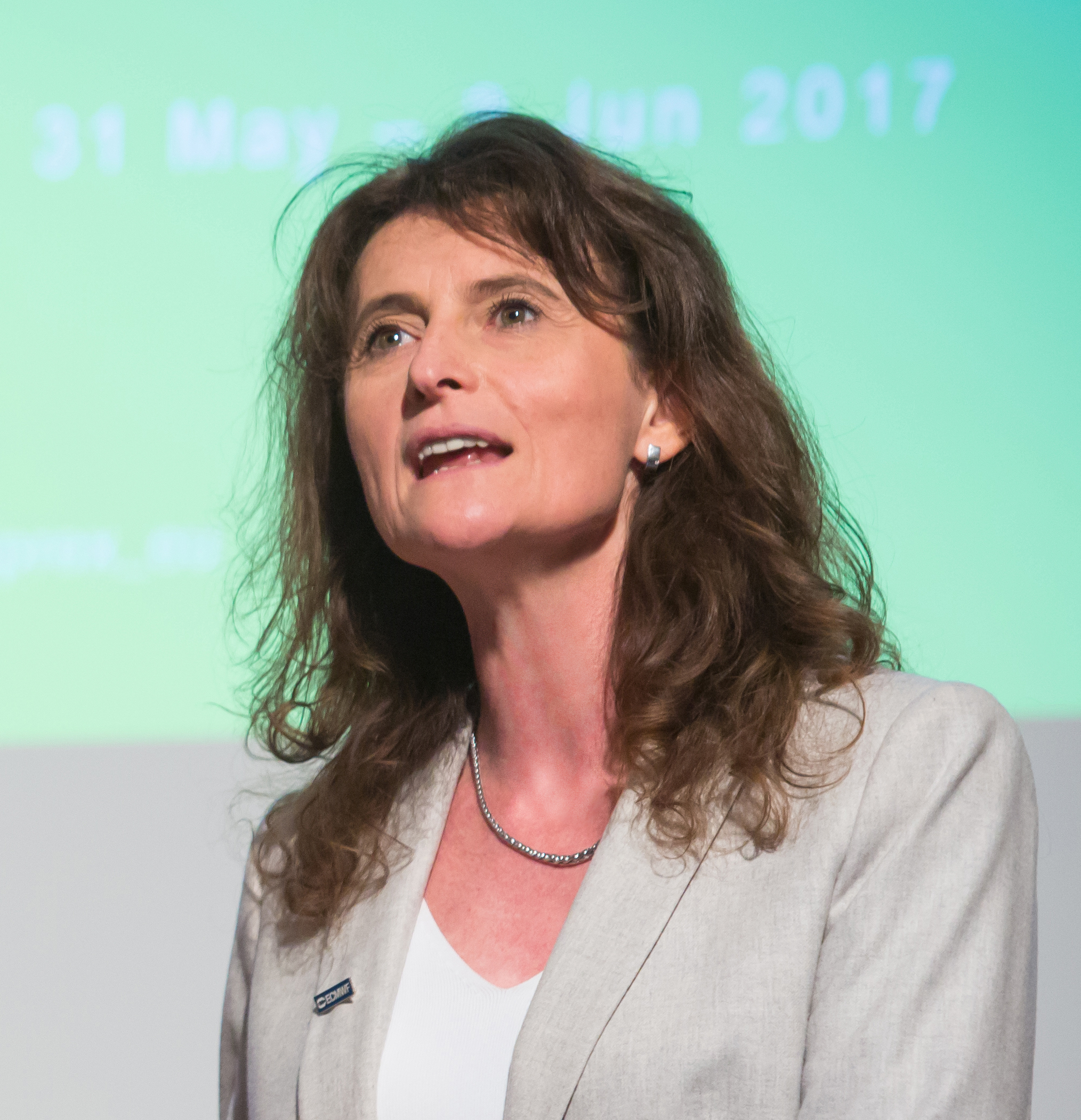 The COVID-19 pandemic has changed life dramatically for people and organisations across the world, and ECMWF is no exception. Since February, ECMWF staff based in Italy have been working remotely, and in March most staff at our headquarters in Reading, UK, followed suit. For personnel whose physical presence is required in the building, measures have been put in place to ensure the highest possible level of protection. Recent training courses and workshops have been delivered remotely, and this will continue to be the case until further notice.
The COVID-19 pandemic has changed life dramatically for people and organisations across the world, and ECMWF is no exception. Since February, ECMWF staff based in Italy have been working remotely, and in March most staff at our headquarters in Reading, UK, followed suit. For personnel whose physical presence is required in the building, measures have been put in place to ensure the highest possible level of protection. Recent training courses and workshops have been delivered remotely, and this will continue to be the case until further notice.
Our mission-critical activities are unaffected, and our data continue to be made available to users in our Member and Co-operating States and beyond in the usual way. The provision of effective remote working tools by our IT support staff means that our research and development activities too are continuing apace. This is hugely important to make sure that we continue to improve our Integrated Forecasting System in line with our strategic goals. The next IFS upgrade is scheduled to be implemented on 30 June. Some of the changes in IFS Cycle 47r1 are set out in this Newsletter: a new version of weak-constraint 4D-Var to better handle model bias in data assimilation; quintic vertical interpolation to reduce temperature biases in the stratosphere; and continuous long-window data assimilation to make the most of the weather observations available to us. This is possibly the last IFS upgrade before the installation of our new High-Performance Computing Facility in Bologna, Italy. As described in this Newsletter, the new HPCF will deliver about five times the performance of our current system. The resulting increase in computing power is a crucial element on the path towards achieving goals such as making skilful ensemble predictions of high-impact weather up to two weeks ahead.
The COVID-19 pandemic is not only having an impact on ECMWF as an organisation. The measures taken to contain it have led to a marked drop in the availability of some types of Earth system observations, especially aircraft-based observations. Such observations help us to accurately determine the state of the Earth system at the start of forecasts. Studies carried out at ECMWF have shown that, without aircraft-based observations, the quality of forecasts at cruising altitude can drop by up to 15%. The quality of near-surface weather predictions can also go down, by up to about 3%.
COVID-19 highlights the importance of making the World Meteorological Organization Integrated Global Observing System (WIGOS) as resilient as possible. European national meteorological services are helping by launching additional radiosondes. In separate developments reported in this Newsletter, ECMWF has begun to operationally assimilate wind observations from the European Space Agency’s Aeolus satellite and radio occultation measurements from the Taiwanese-US FORMOSAT-7/COSMIC-2 mission. All these data will help to mitigate some of the impact of the current loss of aircraft data.
Florence Rabier
Director-General
